Solar is a must-have for food production industry
Why solar, why now?
The current situation in South Africa is a new experience for businesses of all sectors. For those in the food production industry, the coronavirus pandemic has provided both great challenges, and opportunities. Following a wave of panic buying, supermarkets were trading “above Christmas levels” over coronavirus fears. Along with intensive cleaning, social distancing, and staff shortages, supermarkets are hiring additional staff to keep up. Of course, other players in the food industry have had to adapt to a challenging and fast-moving situation. Hospitality has ground to a halt, but suppliers are moving into new verticals: food delivery services and easing the increased burden on supermarkets. Customer panic buying has not helped, creating empty shelves one week, and an increase in food waste the next. Despite the hardships, the current situation also provides opportunities. This ability to adapt, proves that the food industry can think on its feet and is ripe for disruption. If, going forward, food producers are to re-evaluate the way they operate, what better time to embrace the power of renewables. Solar PV can help businesses save money, increase profits and gain a competitive advantage.
Bespoke solar PV for the food industry
There are several common traits among food producers that make them an ideal candidate for commercial solar PV. Like most manufacturers, those in the food industry typically use a lot of energy: machinery, refrigeration and processing are all energy intensive. Such costs will only increase as firms become more automated and reduce their labour costs. The higher a firm’s energy bill, the more money they can save by generating their own solar energy. Additionally, even small to medium-sized facilities have ample roof space to install an unobtrusive system on an otherwise unused space. As well as high usage, the energy load profile for food producers typically peaks during daylight hours. This means any self-generated solar energy can be used in real-time, ensuring the maximum benefit from the installed solution. However, businesses with high night-time energy usage can also reap the benefits of solar with an additional energy storage system.
Financial benefits of solar
Other than materials and labour costs, energy is often one of the greatest expenses for food manufacturers. Securing lower energy costs is one of the easiest ways to gain control over your business costs. The price of electricity from the grid will climb, sometimes erratically. But solar provides long-term fixed energy costs, protecting your business from market volatility and allowing you to grow sustainably. By cutting energy expenses, businesses can improve their bottom line and become more profitable. This also frees up budgets to invest elsewhere, such as business growth, or expansion into new verticals.
Although solar PV provides long-time financial benefits, finance is also one of the biggest barriers to adoption. Many companies feel they cannot justify the up-front expense of installing their own solar, especially in uncertain times. These customers can benefit from a Power Purchase Agreement: a finance option that allows clients to achieve on-site solar, without the usual upfront investment.
Providing a competitive advantage
By now, we all know how solar can tie into a business’s CSR initiatives. A solar array is a very visual signal of an organisation’s commitment to sustainability. This is especially important for business-to-consumer (B2C) food producers. Consumers are becoming increasingly environmentally conscious, and many will pay more for a greener option. Even if you’re a business-to-business (B2B) organisation, remember this: there’s always a consumer at the end of the supply chain. Players in the food sector such as caterers, manufacturers and stockists may all be more inclined to choose a sustainable option to appease consumers. A stronger green policy could give your organisation an edge over its competitors, as many market leaders seem to prioritise suppliers that meet certain environmental credentials.
Green from ‘farm to fork’
When you’ve been in the renewables industry as long as we have, you spot the trends. When we first started out, agriculture was one of the first sectors to embrace the financial benefits of solar. Now, they’re embracing renewables to engage in environmental stewardship – and it’s time for the rest of the food supply chain to catch up. Growers and farmers are already saving carbon and energy by adopting solar, but it is critical that the often more energy-intensive and polluting parts of our food supply chain, from processing to distribution, adopt a similar stance if we are to be truly green from farm to fork.
Despite the challenges we all face, there is also the opportunity to reflect and strategise about the future direction we wish to take, a future where sustainability is the new normal.

